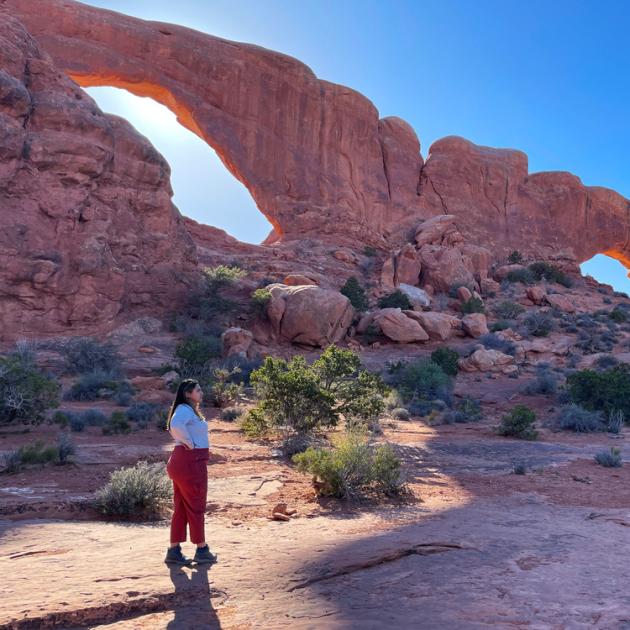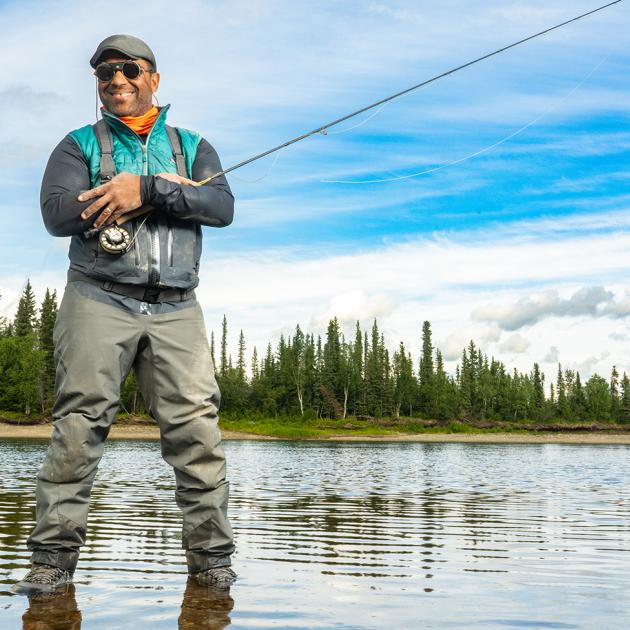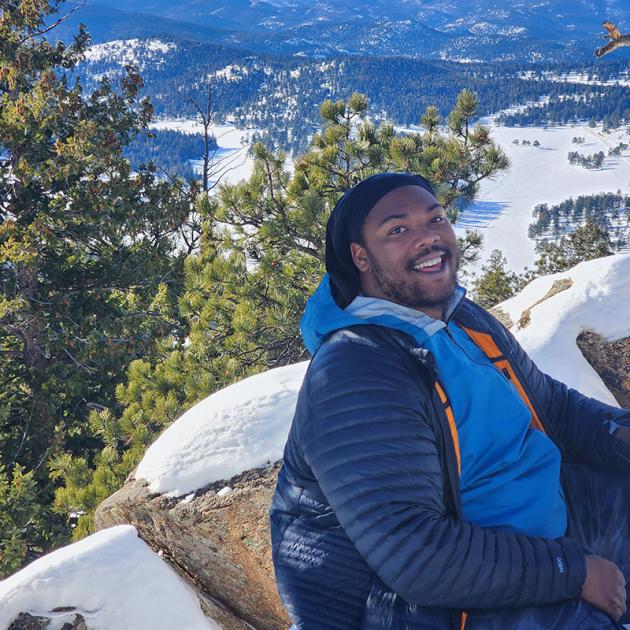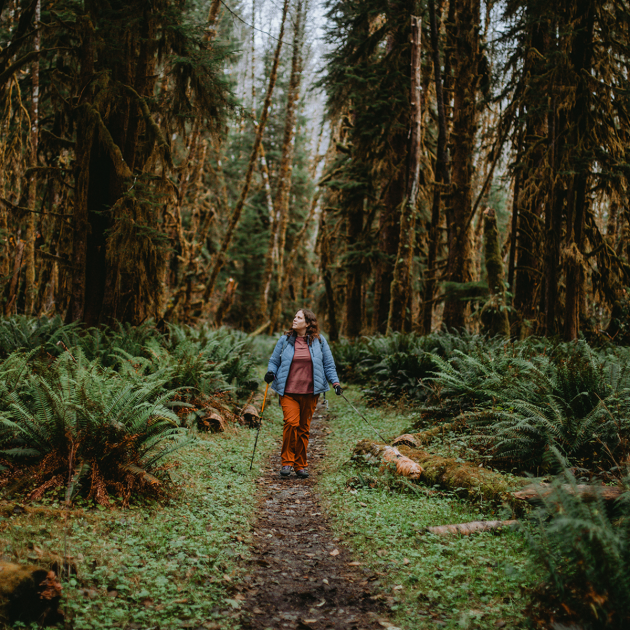Blog series: “Who is outdoorsy?"
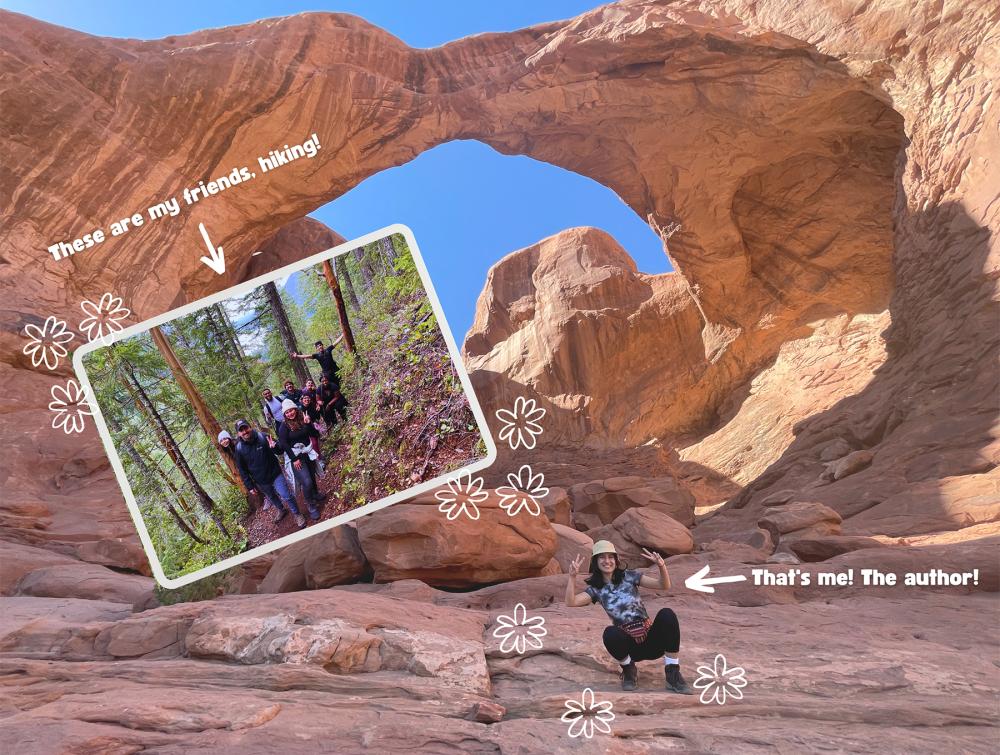
Nicole Segnini at Arches National Park, and Nicole's friends' hiking at Olympic National Park.
Everyone should be able to safely enjoy the outdoors
Growing up in Venezuela I was always surrounded by nature and I was privileged because my parents were always taking me to hiking trips, the beach, the Amazon, national parks, and more. When I moved here to the United States, I realized not everyone had that same connection to the outdoors, and that not a lot of people looked like us whenever we visited national parks. But as the years went by, I realized, it wasn’t because people didn’t like going outside to parks or beaches, but because there were barriers impeding them from doing so.
While nature is (mostly) free for everyone, the outdoors is still not accessible for everyone, and not everyone feels safe and welcomed in those spaces.
There is still the stereotype that “outdoor activities” are only rustic, rural things like mountain climbing or white-water rafting, and/or that they’re only for a specific type of person: white, upper-class, thin, athletic, and nondisabled. This stereotypical vision of the outdoorsy person can lead to people simply not wanting to go outside and enjoy its many benefits. Because if you don’t see yourself represented, you may not feel safe to be your full authentic self.
There are many other barriers to the outdoors. Access is not equitable for people of all races, ethnicities, genders, sexual orientations, immigration status, ability and income levels. Lack of public transportation, time, money, skills, knowledge, appropriate gear, multi-language signage, culturally appropriate amenities, disability accommodations, as well as the effects of racism and bigotry, are some of the many barriers people face to get outdoors into nature.
We need to dismantle the stereotypes that only a certain type of person can enjoy public lands and advocate for accessibility and inclusion.
Social movements and communities like Unlikely Hikers, Afro Outdoors, Latino Outdoors, Disabled Hikers, Melanin Base Camp, Native Women's Wilderness and more, are working to create a more inclusive outdoors and a culture of representation, access and justice for people who are usually underrepresented in these spaces.
We need to dismantle the stereotypes that only a certain type of person can enjoy outdoor spaces, such as parks and forests, and advocate for accessibility and inclusion. These are spaces that everyone should be able to enjoy.
"Who's outdoorsy" blog series explores how different communities connect with the outdoors and highlights the importance of working to make the outdoors more diverse, accessible and inclusive.
